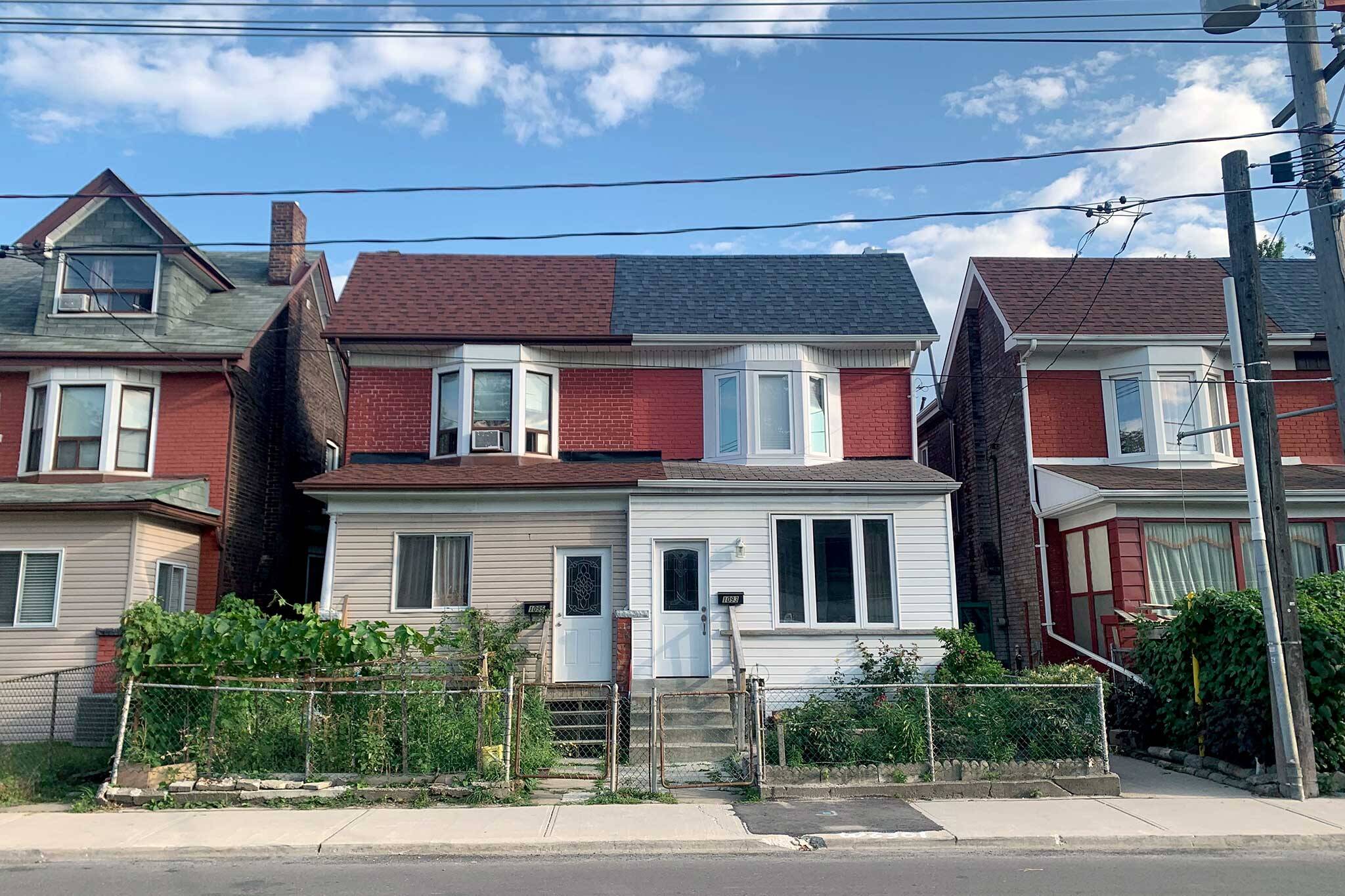
Seniors are making it harder for millennials to buy homes in Toronto
It's already exceedingly difficult for a young person to buy a house in Toronto, and it just keeps getting harder.
According to a new report from the Canada Mortgage and Housing Corporation (CMHC), seniors are moving out of their homes less than they used to, which reduces the supply of homes available for other generations.
house hunting in toronto is evil n i’m so so tired does anyone have any wealthy distant relatives who could buy my friends and i a house please and thank you
— board-certified gremlin (@holiday_eyes) August 7, 2019
The report says the share of Toronto-area homes owned by senior households increased by 4.5 percentage points to 25 per cent between 2006 and 2016.
It indicates that in 2006, 11.5 per cent of homes were owned by seniors compared to 17 per cent in 2016.
"Economic and demographic factors have caused seniors to decide, increasingly, to remain in their homes longer," CMHC says.
Such factors include increases in seniors’ labour force participation, a wider income difference between renters and homeowners, the fact that stronger wealth growth provided senior households with access to a greater array of housing choices, and more.
remember when the song “if I had $1,000,000” was big and they were rich in the 90’s and now you can’t even buy a house for that price in Toronto
— qt (@QuinnTabbitt) July 30, 2019
Traditionally, seniors would often downsize, switch to renting or move to a senior's home in their retirement.
"This trend of rising homeownership among seniors may well continue into the future," CMHC says. "If it does, it could put pressure on supply, since there may be fewer dwellings than expected available for younger households."
blogTO
Latest Videos
Latest Videos
Join the conversation Load comments







